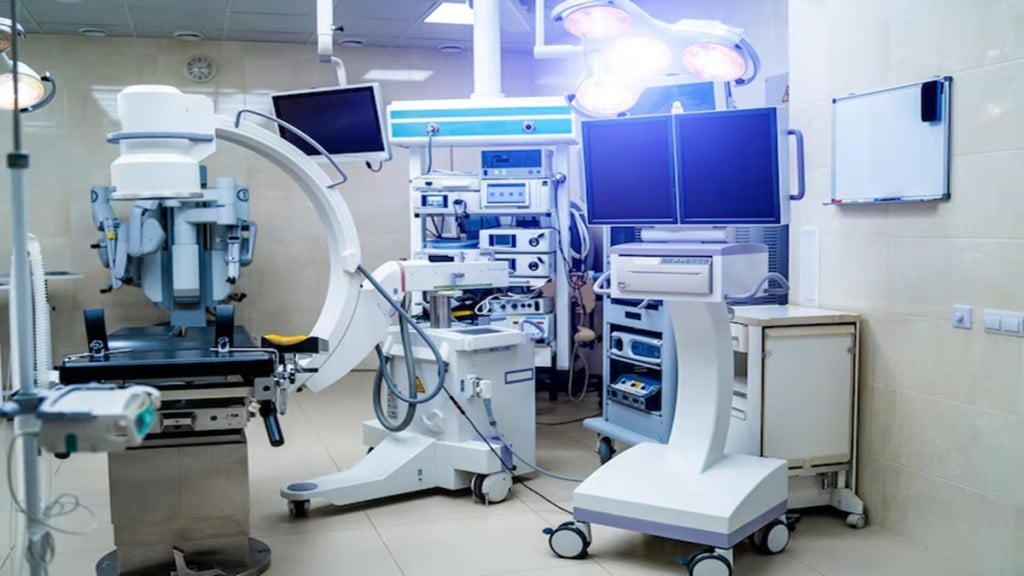The free-trade agreement (FTA) between India and the UK is expected to further boost the medical devices trade to and from India with imports likely to pick up pace faster than exports. With reduced tariffs, the industry believes that the trade deal will benefit end consumers in both countries and drive healthcare innovation.
Even though the domestic medtech associations have welcomed the FTA, they warn that the deal could potentially lead to increase in “indirect dumping” from third countries (like China) or undisclosed locations if the safeguard measures are not put in place.
“Every FTA, including this one, must mandate clear disclosure of the actual site of manufacture for all imported products as mandated by India’s CDSCO (Central Drugs Standard Control Organisation) which requires separate registration of both the legal and actual manufacturers. This is critical to prevent trans-shipment from third countries or undisclosed locations,” said Pavan Choudary, chairman of Medical Technology Association of India (MTaI).
Experts said that 35% value addition requirement is a common type of “rule of origin” criterion used in trade agreements globally, and this norm should be applied to medtech trade between India and UK to ensure that the product undergoes sufficient transformation in the country of origin to be considered a product of that country.
“By ensuring that the assembly process meets the 35% value addition requirement, manufacturers in the UK can demonstrate that the product has undergone sufficient transformation to be considered a UK-origin product. This will help prevent Chinese or EU products from being rerouted through the UK to avoid tariffs or other restrictions in India,” said a leading medical device manufacturer.
“Some geographies lack such regulatory rigour, and even within a country, manufacturing plants can vary greatly in standards. Transparent, unambiguous disclosure ensures legal compliance, protects patient safety through true traceability, and upholds a level playing field for all companies and especially those which adhere to high level of regulatory compliance,” said MTaI’s Choudary.
In FY24, India imported medical devices worth Rs 2,295 crore from the UK, which was 36% higher than the previous year. The exports stood at Rs 1,015 crore, registering an annual growth of 13%. The key traded items between India and UK includes disinfectants, spectacles, breathing appliances, hearing aids, orthopaedic appliances, radiography apparatus, and appliances used in medical, surgical, dental and veterinary sciences.


